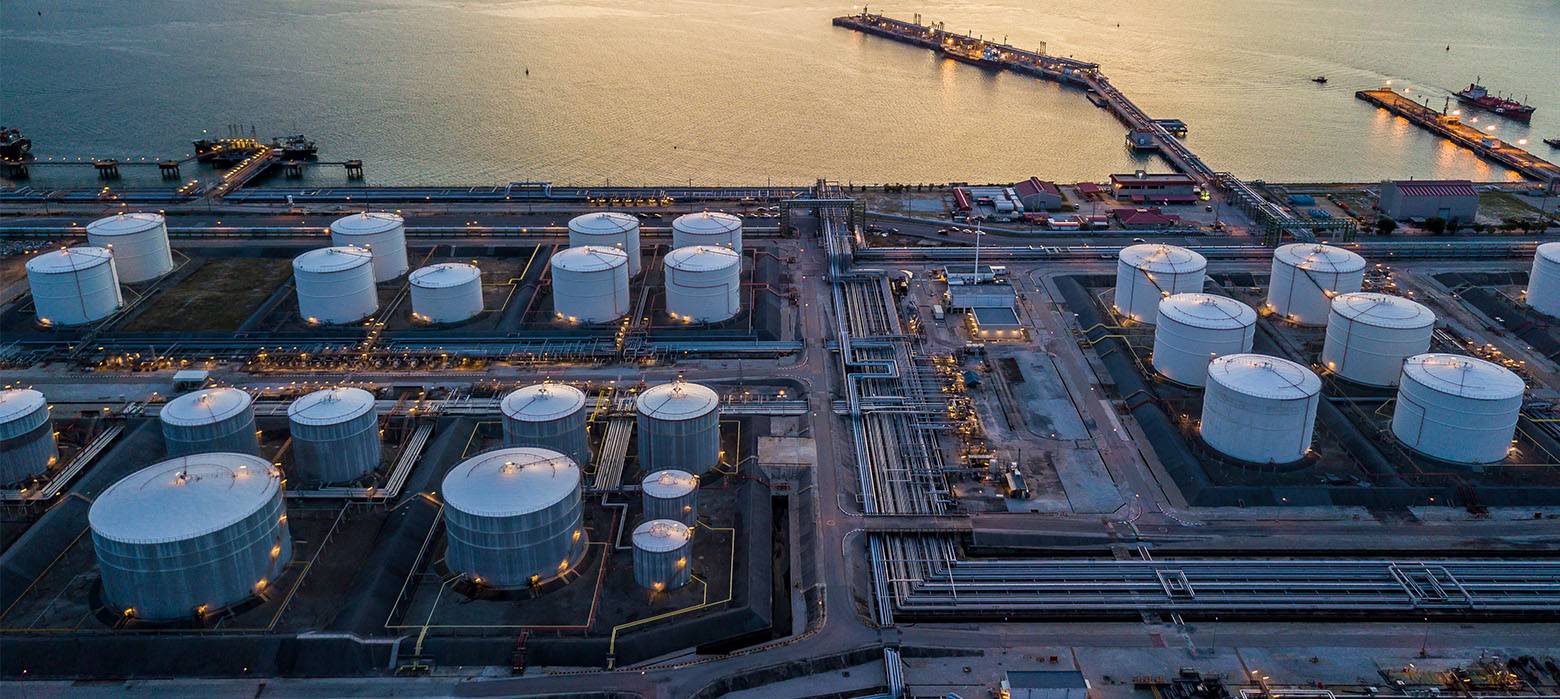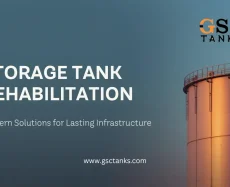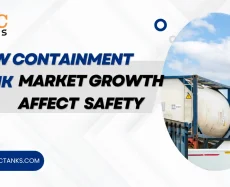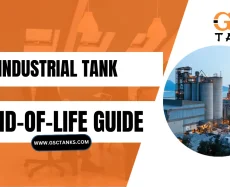
- admin
- May 17, 2019
Above Ground Fuel Tank Requirements: Everything You Wanted To Know
AST or Above Ground Storage Tanks are used for the commercial sectors and there are several reasons for that.
Commercial tanks unlike industrial storage tanks are meant to store limited fuels for specific fleets like those of municipal vehicles, public vehicles, police vehicles and the like.
Given the smaller storage volume that they need, the AST take up less room on site and have lower building costs.
AST are easy to set up and can be installed on concrete base in a short time.
Underground Storage Tanks or UST on the other hand have to be installed after careful excavations and subsequent back-fill.
UST have to abide by stringent codes to prevent the possibility of leaks or accidents.
There are special equipment that monitor their conditions periodically to eliminate any such possibilities.
The AST are also guided by regulations that are however less harsh as compared to their underground counterparts.
It is easier to monitor AST as the leaks can be seen clearly without the use of the expensive equipment.
1. When it comes to the shape, size and mounting of the AST, there is more flexibility and variations that are included.
2. While UST come in the typical cylindrical shape with capacities ranging from 8000 gallons to 30000 gallons, the AST 250 gallons to 40,000 gallons.
3. The AST can be mounted both vertically and horizontally coming in all types of shapes from square and rectangular to cylindrical.
4. They can also be mounted in different ways. Horizontal tanks can sit on two steel saddles, they can be mounted on a skate to be easily moved around from location to location or they can be mounted on concrete dikes or pads.
5. UST are typically made out of fiberglass or steel that is encased in fiberglass. Most AST are made out of steel with single or double walls. At times the single-walled tanks are placed in a fiberglass dike to capture and liquid that may leak.
6. There are several regulations that will determine the way that the ASTs can be constructed on a property. State and local authorities both have standard set of laws about it.
This is not unusual because AST are exposed to a number of factors such as weather and other immediate environmental issues like being prone to fire and vehicular traffic.
7. These tanks naturally have to be NFPA or National Fire Protection Association and IFC or the International Fire Code regulation compliant.
The tanks are given a fire protection shield with a double wall and the space in between being filled with a fire retardant to protect the inner liquid.
8. When it comes to inspection of the AST, the process should be documented in the SPCC Plan of the facility where it is being conducted.
9. Above ground fuel storage tank inspection should focus on the tank foundation, connections, coatings, tank walls, the piping system and accessories such as the valves and the sensors.
10. It is important to conduct external inspections when the tank is in use and external inspection when the tank is out of service to be able to discover tank issues.
11. Tracking, tank inventories are other methods to ensure that there are no leaks and the correct amount of product has been purchased and delivered.
12. Inventory data should be collected and reconciled on regular basis. Typically, inventory data is collected daily and reconciled monthly.
It is sure going to be easy to determine the tank type for your needs with these facts under your belt.
Visit https://www.gsctanks.com/ for the complete range of tanks from the well-known tank maker.
- Above Ground Fuel tank Requirements
- Fuel tank Requirements
- Industrial Storage Tanks
Category
- Above Ground Fuel Tanks
- Above Ground Gas Storage Tank
- Above Ground Storage Tanks
- Above Ground Water Storage Tanks
- Agricultural Tanks
- Chemical storage Tanks
- Diesel Fuel Storage Tanks
- Diesel Storage Tanks
- Exernal FloatingRoof Tanks
- Farm Water Tank
- Fiberglass Oil Tanks
- Fiberglass Septic Tanks
- Fiberglass Tanks
- Fiberglass Underground Fuel Storage Tanks
- Field Erected Tanks
- Floating Roof Tank
- Food and Beverage Tanks
- Fuel tank
- Industrial Chemical Storage Tanks
- Industrial Gas Tanks
- Industrial Hot Water Storage Tanks
- industrial hot water tank
- Industrial Plastic Tanks
- Industrial Storage Tanks
- Industrial Tank heating pads
- industrial tanks
- Natural gas
- Natural gas vs Propane
- oil storage tank
- Oil Storage Tanks
- Peracitic Acid
- Petroleum Tanks
- Residential gasoline storage tanks
- Residential Water Storage Tanks
- Sodium Hydroxide Storage Requirements
- Sodium Hypochlorite Storage Tanks
- Steel Storage Tanks
- storage tank failure prevention
- Storage Tanks
- Sulfuric Acid Tanks
- Uncategorized
- UnderGround Storage Tanks
- Waste water tank
- Water Storage Tanks

 Tank Size Calculator
Tank Size Calculator






